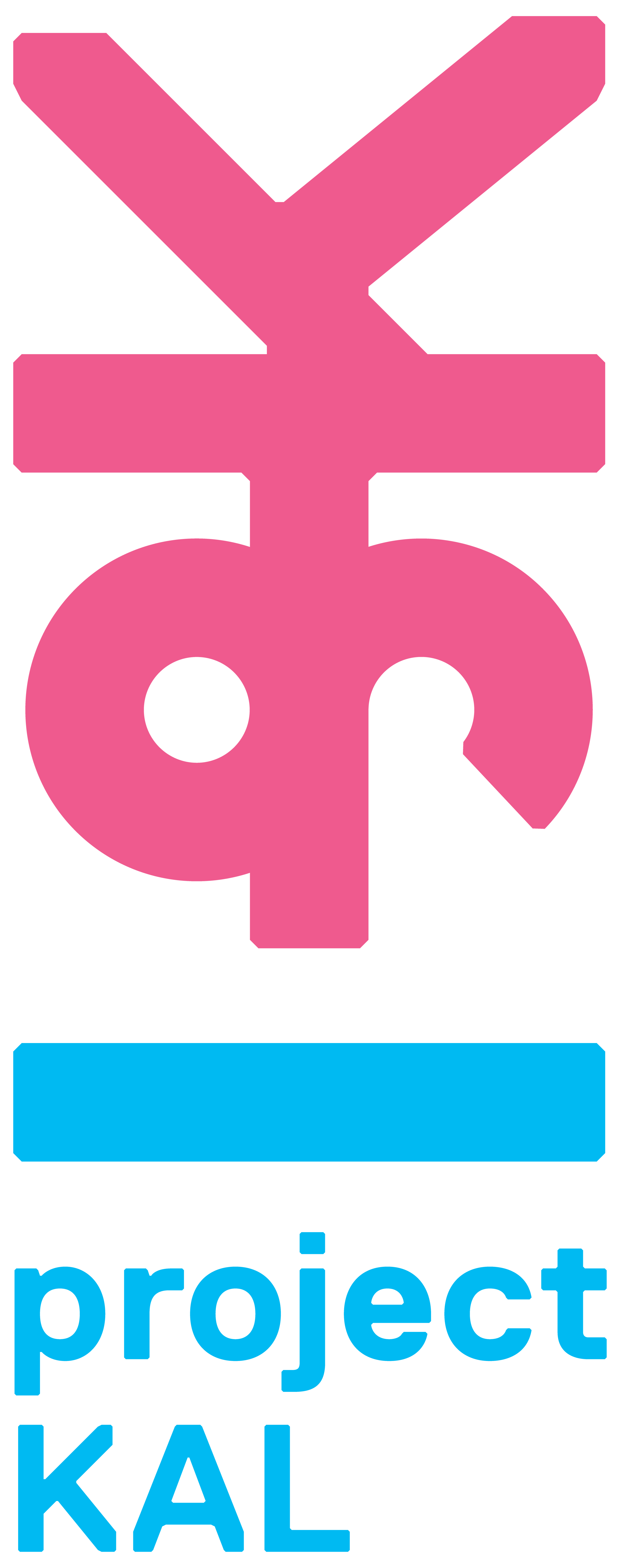Focus on What You Do Best
How to develop your core skills
The world of social business is as competitive as any other field, with newcomers and competitors entering previously unexplored markets at an unprecedented rate. Businesses have realized that in order to become global leaders they need to focus on underserved geographies and demographics, as well as increase their transparency and focus on the triple bottom line: people, planet and profit. So with all the new players entering the market, what can you do to ensure you remain ahead of the game, not just in terms of profits, but also in reaching out to the people you are trying to help in the most efficient way possible?
When working with social enterprise ventures, a few unfortunate patterns keep coming up. Startups - social enterprise startups in particular - seem to want to do too much all at the same time. Their business plans escalate and what started off as an elegant, streamlined product or service based on the team’s actual competencies turns into a complex portfolio that the startup has neither the resources nor the skills to execute efficiently. While this comes from the best of intentions of serving as much of the market as possible, it is actually detrimental to the core business mission of the company.
Startups also face significant difficulties when it comes to forming the right team. A social enterprise is a labor of love and it is challenging to find others who will be as passionate about the cause as the founders are. In addition, they need to have the skills that will complement the team and strengthen the business. After that, the start up decides one of two things; not to expand the core team, or not to carefully consider the areas that need filling in.
Small teams have to be able to work on a variety of projects and tasks. They also need to be able to multitask to a certain degree; but it is important to know where every team member’s core competencies lie. When working in their sweet spot, every individual can contribute the most to the team and the business. That is why focusing on nurturing these competencies is essential - not just for social businesses, but for all startups.
Having a clear vision and mission helps the management stay focused on what the core business operations are. Efficiency is built directly off that. Focusing on one thing that the organization does best and offering that product or service makes not only business sense, but it also ensures that the end market you are striving to serve gets the maximum value for their money. For social entrepreneurs and their market segment, that often makes a significant difference in lifestyle and quality of life - much more so than for commercial enterprises that aim to serve developed markets. While you might think you are doing your customers a favor by expanding your portfolio, you are probably only decreasing your level of service and losing your competitive edge.
It is important for the managers of social enterprises to determine what the core capacities and skills of their team are and how to create a strategy that will leverage them in the most efficient way. That requires a strong corporate culture that supports both the individuals and the team, allowing them to express and explore their core skills, which in return will give the management a clearer insight into which positions need to be filled and which skillsets are missing.

